Paying Your Dues (Literally)

Today Larry Fitzmaurice reports on the regressive practice of music venues charging bands – even the smaller struggling ones – a tax on any merch they sell. This is widespread despite the fact that merch sales are one of the only ways left for most bands to (maybe) break even on tour.
Paying good reporters like Larry costs money so please chip in with a subscription if you can.
Thanks to Adam Parshall for the band photos. Find more of his great work at his site here or on his Instagram.
More from me down below.

An environment that continues to be hostile to artists
by Larry Fitzmaurice
When it comes to artist welfare the music industry is rotten to the core. It’s been decades since musicians have been able to make a decent living off of selling their work, and myriad factors—from new and emergent business practices and periods of economic downturn, to the ravages of the streaming era—have further made profitability a thing of the past. The issues musicians face when it comes to financially sustaining their careers have few prescriptive answers, but two words have frequently been used when it comes to what fans can do to support their faves: Buy merch.
“Most of the money we make comes from merch sales,” Weakened Friends vocalist/guitarist Sonia Sturino said when talking about the Portland, Maine-based rock band’s ability to generate cash while on the road. “I often joke that we’re a traveling T-shirt sales company posing as a band. We only break even or make a profit because of merch.”
It’s a crucial source of income in an industry that has long seemed in opposition to its artistic wing’s ability to support themselves. What’s worse, some of the greedier players can’t help but dip their paws into that as well.
Venue took 138 dollars from our merch tonight
— oceanator (@oceanator) June 11, 2022
Last month, Elise Okusami—the brainchild of punk-leaning project Oceanator—tweeted about how Nashville’s Brooklyn Bowl had taken $138 from their merch after they had played a gig with pop punk allstars PUP and Angel Du$t. The fee was taken from $500 total in sales, meaning that the venue levied a tax of nearly 28%.
The artists I spoke to for this story had a variety of answers as to why merch cuts exist to begin with. Some had been told it’s for tax purposes on the venue’s behalf, while others were under the impression that giving away part of your take-home is, like so many other exploitative aspects of the business, simply part of "paying your dues."
Evan Weiss, whose beloved emo outfit Into It. Over It. just recently completed their first tour in several years, described merch cuts as a “fucked up negotiation tactic” that primarily exists as a leveraging tool for promoters trying to make back any potential losses from a show they’re putting in a bid for.
“It’s just to compete,” he said, “And promoters don’t need to compete for shows that they think won’t succeed and use a merch cut as leverage so they don’t have a loss. If you don’t think the show’s gonna kick ass, don’t put in an offer for the show! You don’t need to implement this [condition] that will only affect the artist.”
The practice of venues and promoters taking a cut of artists’ direct merch sales (typically, anywhere from 15% to 30%) isn’t new—if anything, it’s one of the building blocks of a perpetually crumbling industry. But as conditions continue to decline for acts, many of them are starting to recognize it for what it is.
“It’s one of those archaic things in the music industry that just doesn’t work anymore,” singer-songwriter Meg Duffy, who performs as Hand Habits, explained. “There’s so many things about touring that are not working anymore, and people are starting to feel it more than ever.”
Duffy also plays in Perfume Genius’ band and recently opened for them as Hand Habits on a national tour—a double-duty gig that drove home the drawbacks of being on the road. “Having unemployment, not having to travel, and being stationary was a bit spoiling,” they said about what’s changed—and more importantly, what hasn’t—since the oft-treacherous cycle of pandemic-era touring took hold. “The things that used to be par for the course that were always challenging, personally I’ve had way less patience for—and giving a cut of merch sales really activates me.”
Duffy’s patience recently and finally ran out after a particularly negative experience with a promoter on their recent tour. “When we got there, I asked if they were comfortable with waving the fee since I’d be bringing in under $300 that night,” they recalled. “They were like, ‘We’re not gonna do that for you,’ and I was like, ‘Well, fuck this, I’m not gonna sell merch then.’” So Duffy grabbed their merch and set up shop in front of the tour bus, hawking their wares fee-free after the show. “I definitely didn’t sell as much as if I would’ve took the cut,” they reasoned, “but I was fed up and didn’t want to deal with it anymore.”
Avoiding the inevitable process of forking over the dough—an amount that, in Duffy’s words, can be the “difference between whether you’re able to stay in a hotel that night”—can require some creative or quick thinking. “We have blatantly lied before to save our asses,” Sturino said. “Otherwise, we’d be handing back our entire guarantee, and then some.”
At times, the financial reality for support acts means the fee might be waived, if you’re lucky. As an opener for Soccer Mommy’s tour earlier this year, Joseph Stevens’ indie-pop project Peel Dream Magazine managed to avoid paying a merch cut entirely.
“The few times I had to talk to them about how much I made, I lied through my teeth,” he explained. “I think they were like, ‘Soccer Mommy is famous, and you’re stupid and small, so I believe you.’” Of course, avoiding the conversation entirely is always an option as well. “I’d pack up early and just leave, and pray that no one stopped me,” Stevens said about his strategy. “Half the time, I didn’t even think about it, and the other half I’d be thinking, ‘How do I get out of here before they get us?’ Because if they don’t ask you, it doesn’t happen.”
Making a quick getaway has its consequences, too. Weiss claimed that Into It. Over It. were banned from New Jersey venue Starland Ballroom after narrowly escaping an alleged physical altercation with the venue’s security team—all because they tried to leave without paying out a merch cut. (Starland Ballroom did not respond to a request for comment.) He was also quick to note that none of these quick-fix ideas, often passed down through networks of touring musicians, constitute “a real solution” to “an outdated policy that allows promoters to try to pull a fast one on artists, in a way that only benefits the business side of music.”
So what is the solution?
All of the artists I spoke to unequivocally agreed that promoters and venues taking a cut of merch sales should be stopped immediately. “No one should take a merch cut—that’s insane,” Stevens said. “It’s insult to injury when it comes to all the humiliations you bear as a support artist.”
Everyone also mentioned the simple fact that venues traditionally don’t pay artists a cut of bar sales as reciprocation: “I always feel like saying, ‘Cool, well, where’s our 15% of bar sales?’” Sturino said. “Because if bands weren’t in this room playing music…then no one would be buying drinks.”
When she’s not playing music as part of Weakened Friends, Sturino works at Portland venue the State Theater, and even with the added industry perspective the continued practice makes little sense, especially following the live music industry’s temporary shutdown due to the pandemic. “When everything went away, there was this [feeling of] ‘Rah-rah, we’re in the music industry, we’re all in this together,’ and then things snapped back,” she said. “It often just feels like we went back to an environment that continues to be hostile to artists.”
“I think they need to adapt to what the economy and the world is right now instead of holding on to models that existed 30 years ago,” Sturino added, and some adaptability-based solutions could make the situation less tenuous as a whole. “If you really need to take a cut, provide a merch seller and handle all the payouts,” Duffy offered. “Provide a service other than essentially asking us to pay rent.”
“If the club has its own seller, then there’s an argument that they could take a merch cut,” Weiss concurred, noting that in the middle of the deadly pandemic the merch table is “the most dangerous place to be. You’re talking with strangers all night long, and if someone gets sick on the road, you’re losing shows.”
Some bigger acts do have a dedicated merch seller in their touring team, which was a boon for Stevens’ ducking-and-weaving maneuvers on the Soccer Mommy tour. “They’d coach me on how to get out of [paying the fee],” he recalled. “It was very helpful, because I didn’t even know it was a thing before this tour.”
Perhaps the onus, as it so often does in situational abuses of power, could fall on artists of all sizes watching out for each other as the music industry’s sharks continue their endless circling.
“Ultimately, it’s the headliner’s duty to make sure the support bands on their run are being taken care of in a way that’s healthy and supportive to them,” Weiss said. “There were so many tours we’ve done where the conversation of what we were paying support never came up, and I regret that deeply.”
It's possible—who are we kidding, more than likely—that many in the music industry have forgotten the specifics of the golden rule, as well as the fact that karma can be an absolute motherfucker when you knowingly exploit others.
“Just pay attention to the underdogs,” Sturino said, “because one day they’re gonna be making you a lot of money.”
Larry Fitzmaurice is a Brooklyn-based writer and editor who runs the newsletter Last Donut of the Night.
Here are some other music-centric Hell Worlds from the past year or so you may enjoy.
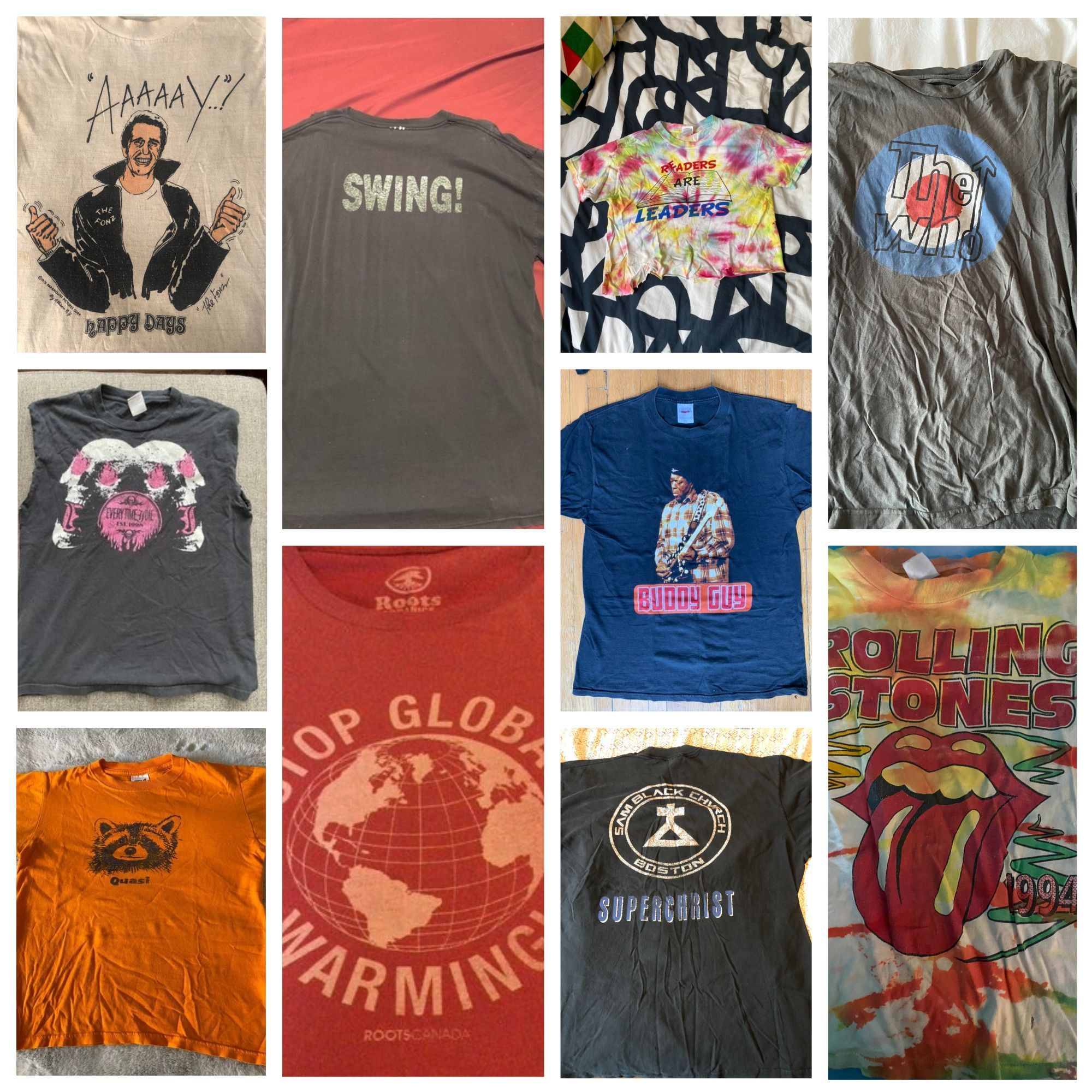
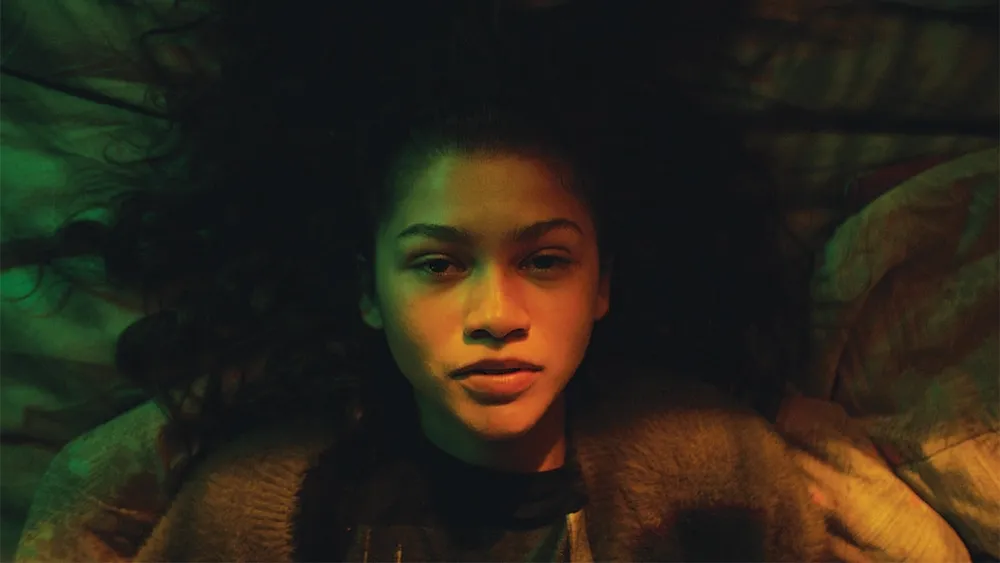
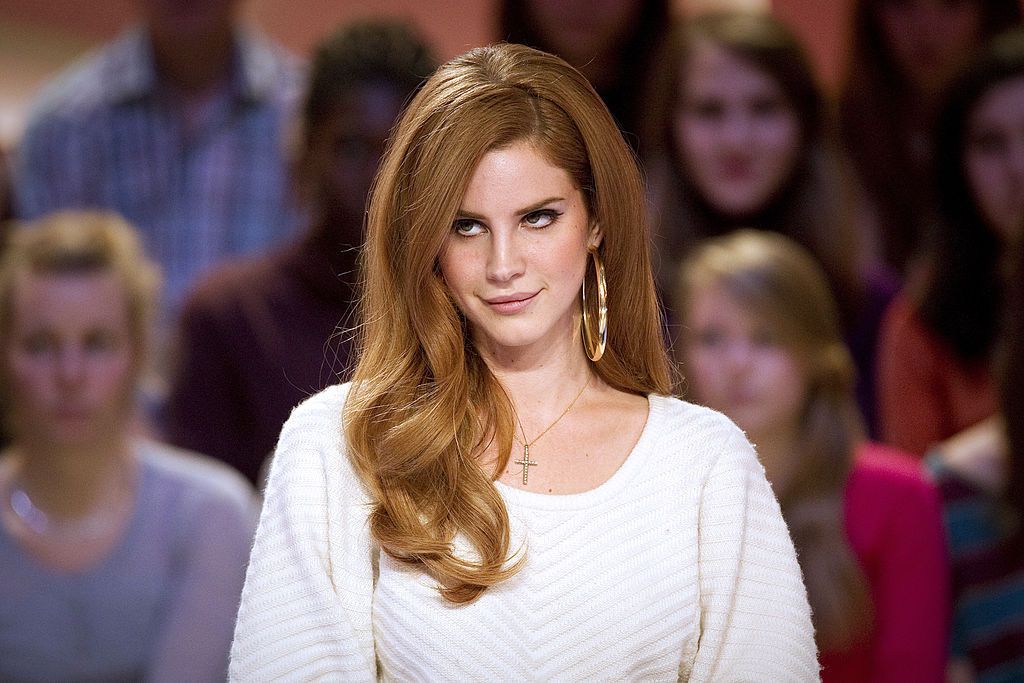
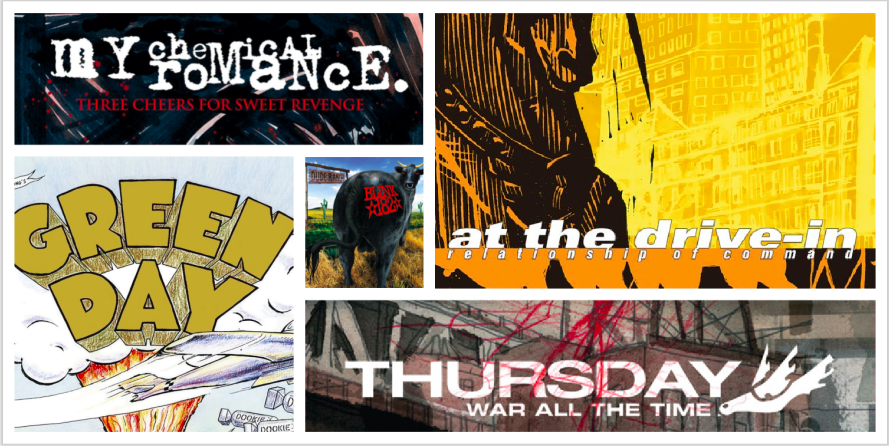
Also shout out to Weakened Friends from Larry's piece up there. Their drummer Adam Hand was in my last band and he is a very sweet boy. Listen here if you never did.
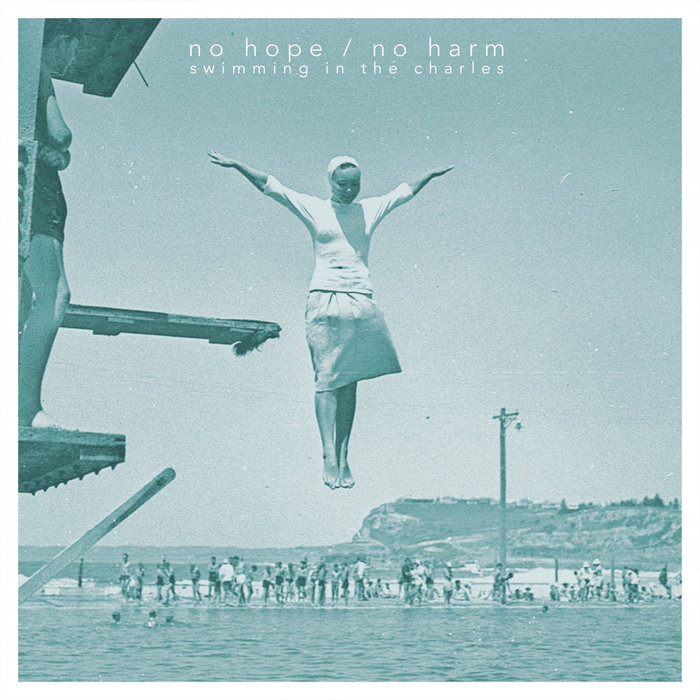
Last week I wrote about the ongoing effort by the ostensibly liberal legacy media to "politely" and "pragmatically" throw trans people to the wolves.

I will tell you plainly what is happening right now. The fascists are charged up at the moment after the overturning of Roe and hungry to claw back more of our rights. Trans people have long been in their sights. Many in the center and the center left where most Democrats live seem eager to placate them by sacrificing on this issue to focus on more reasonable "every day" "kitchen table" issues under the misguided impression that if they do perhaps it will slow the right down. It will not. And they will not stop at trans people as we've seen with all the attempts to label drag performers and gay and lesbian teachers who simply share their identity with students as pedophile groomers...
Read the rest here.
Speaking of attempts to harass and terrorize drag performers and LGBT events this week Andrew Quemere reported on Rayla Campbell the Republican candidate for secretary of the commonwealth in Massachusetts who has been busy doing all of that and more.

Campbell has made attacking public schools and local libraries the focus of her campaign—even though the secretary of the commonwealth has no control over either. She hosts a weekly talk show on WSMN, a radio station in New Hampshire, and regularly makes false, inflammatory claims about sexual education and library books.
“They’re completely destroying their innocence. As I’ve said it before, they’re raping your child from the brain,” she said on her June 2 show. “They want them to go out and masturbate and play with other kids in sexual ways. … We’re talking about telling 10- and 12-year-olds and younger that they should try anal sex using a dental dam.”
She wants to see sex-ed teachers locked up: “This is criminal behavior and anybody teaching and OKing this type of curriculum to be in schools with underage children should be in jail.”
Campbell, who sends her children to private school, has called on parents to remove their children from public schools. On her June 23 show, she said: “We do need to start pulling our kids out. That’s the way that they’re going to learn—when their schools are empty.”
This is who the New York Times and others are empowering with their little "just asking questions" game of footsie with fascism. And transphobia is indeed the vanguard of fascism right now. I don't know though I guess it's possible they'll just stop there. And maybe the bear will only eat half of the delicious pie he finds cooling on the windowsill.
People like Campbell (even in Massachusetts for whatever that is worth) are feeling emboldened. They'd do it without the help of the legacy media writing articles laundering more polite versions of their views to liberals but why aid them in their hateful campaign in the slightest?
Read the rest here.

